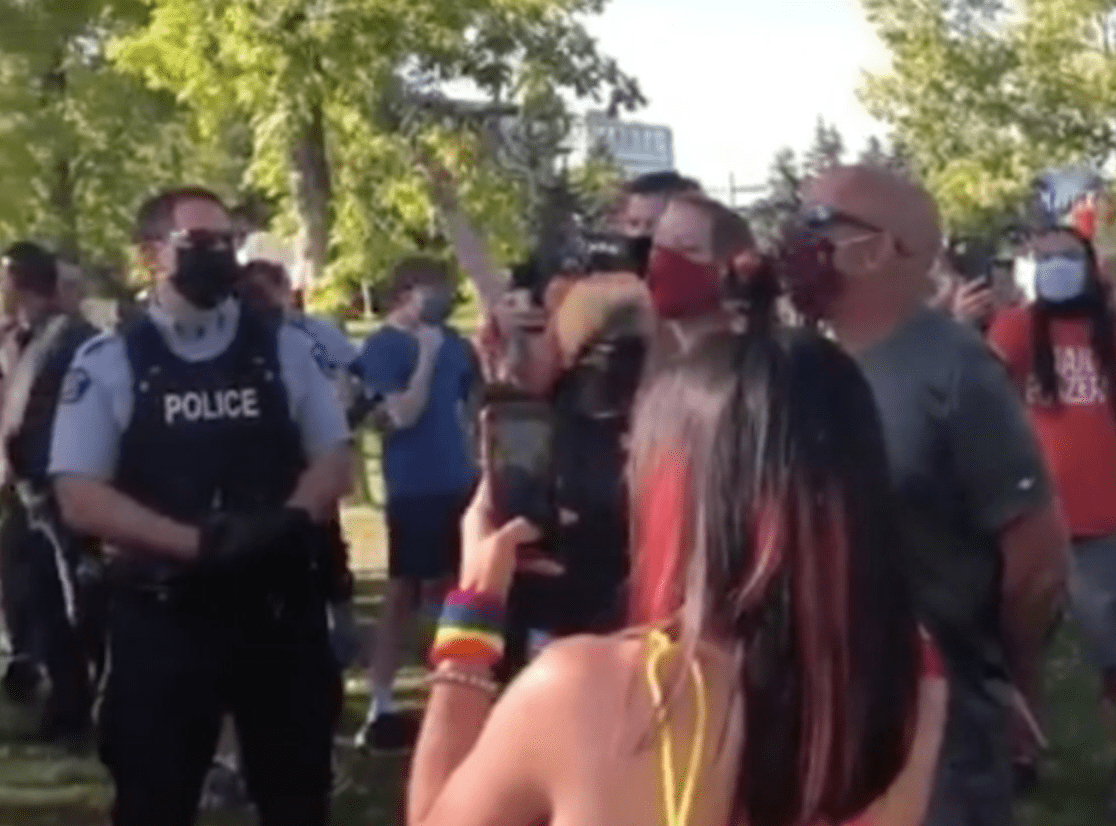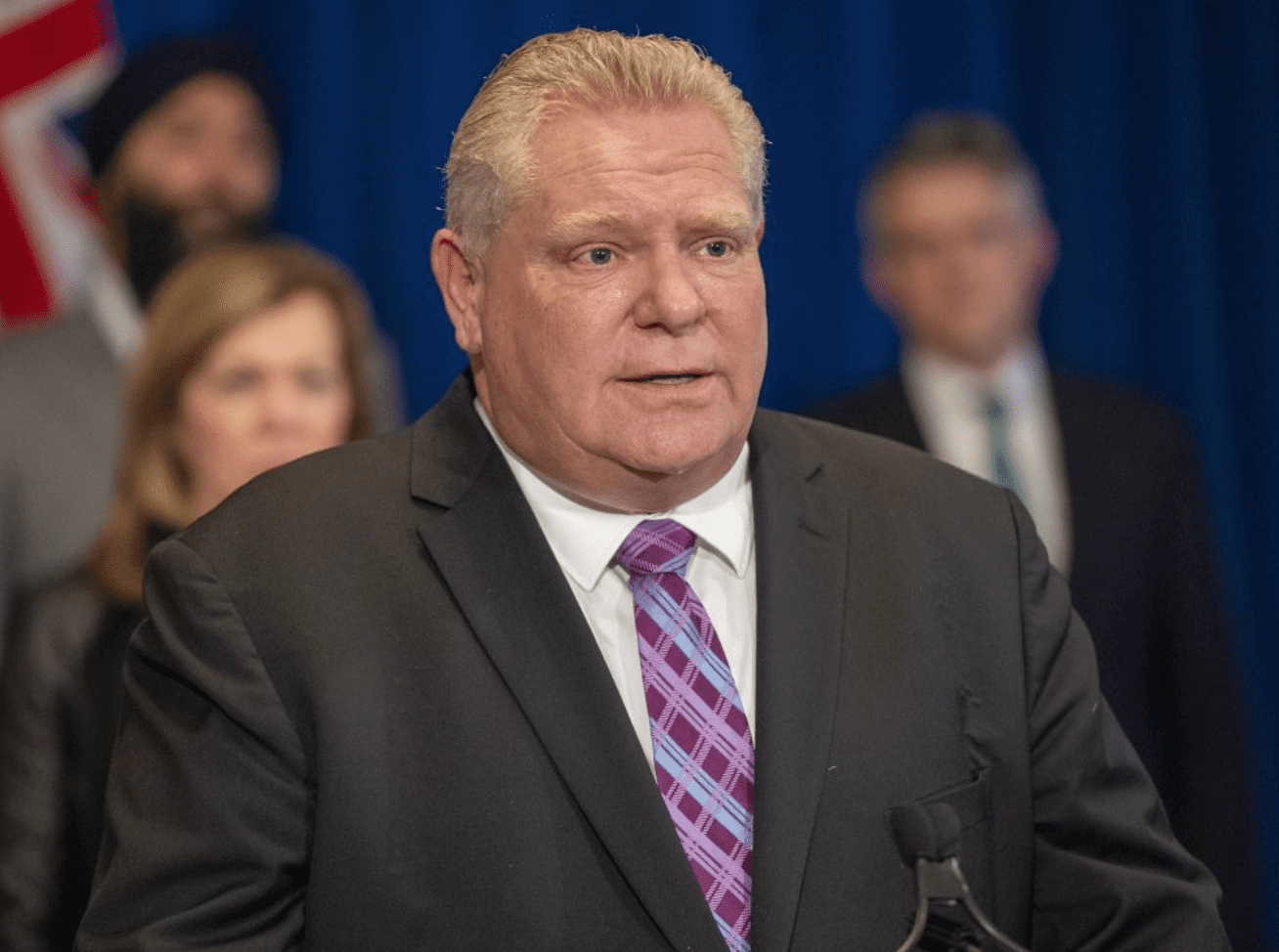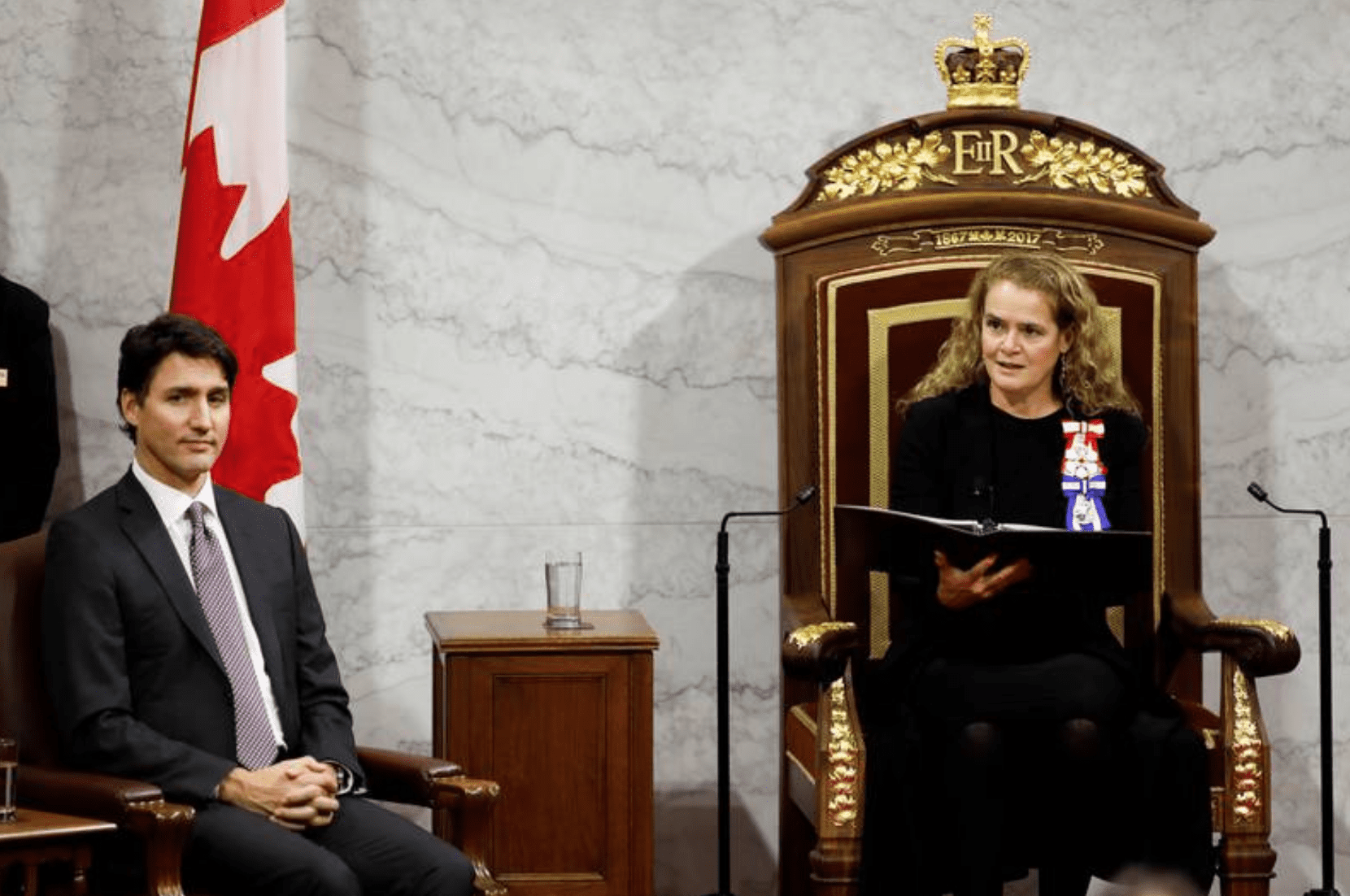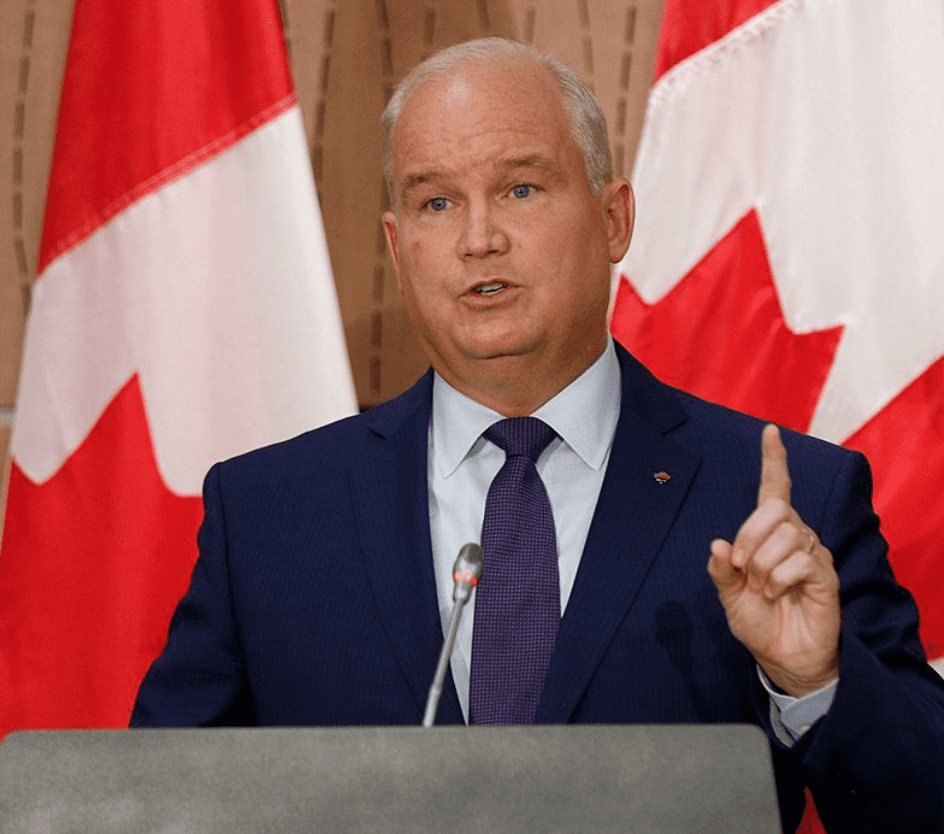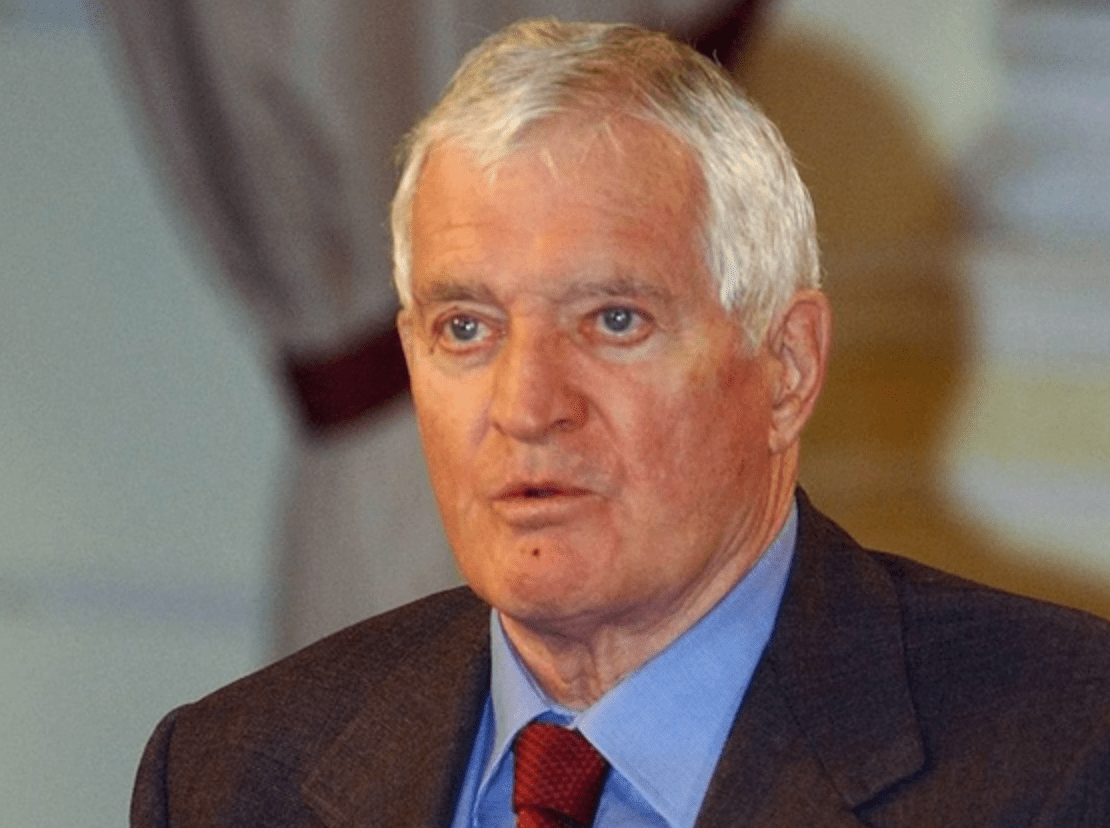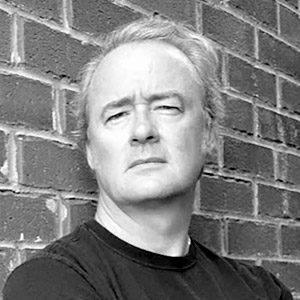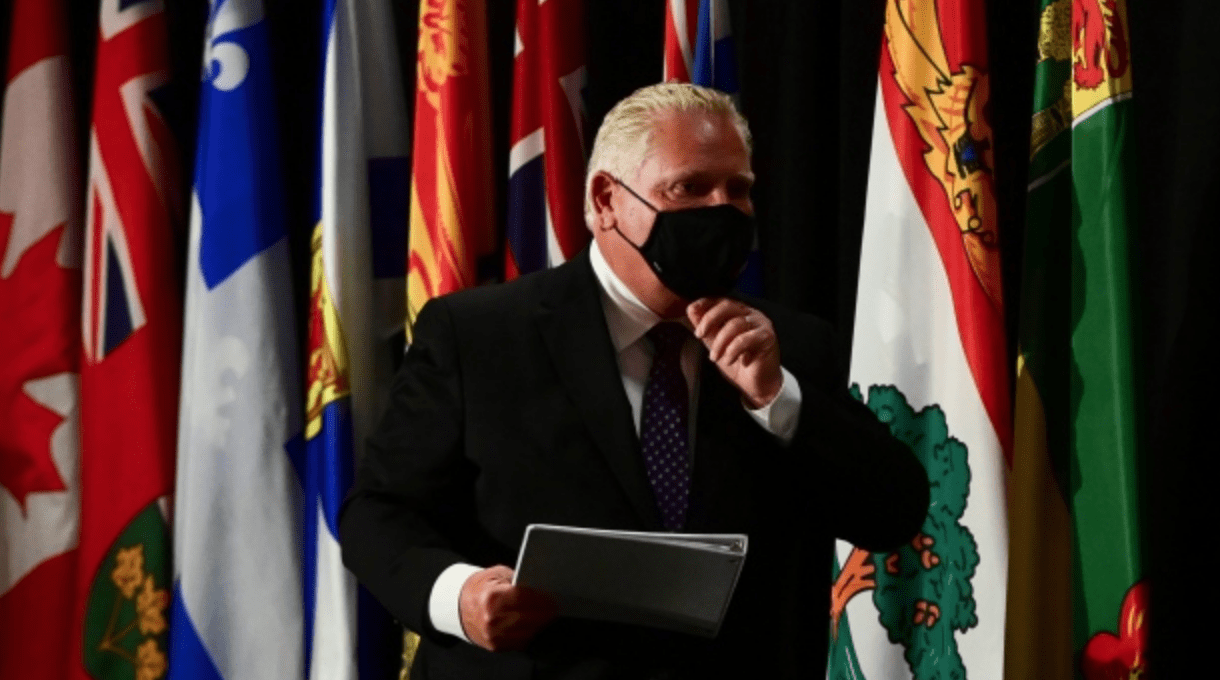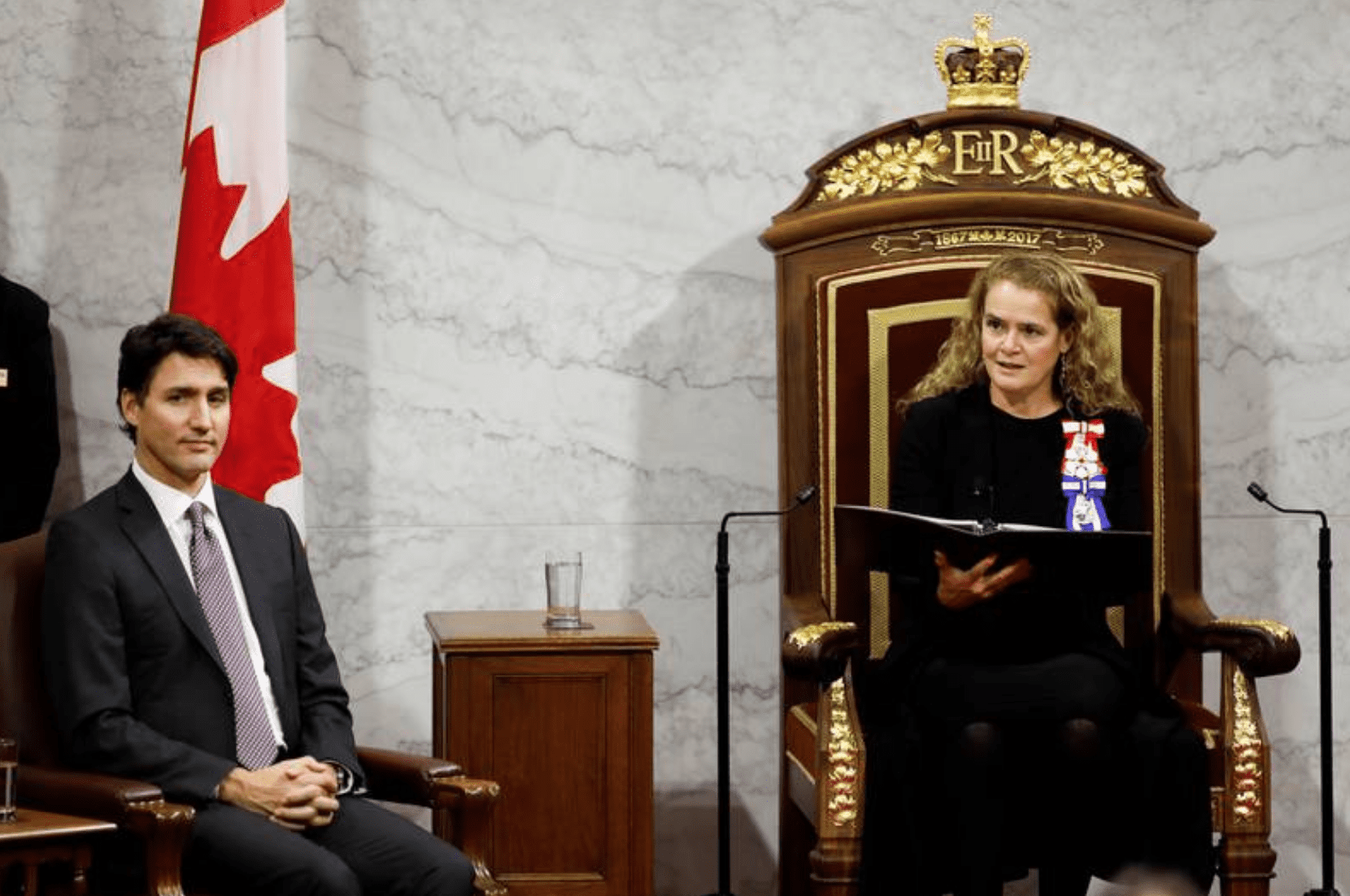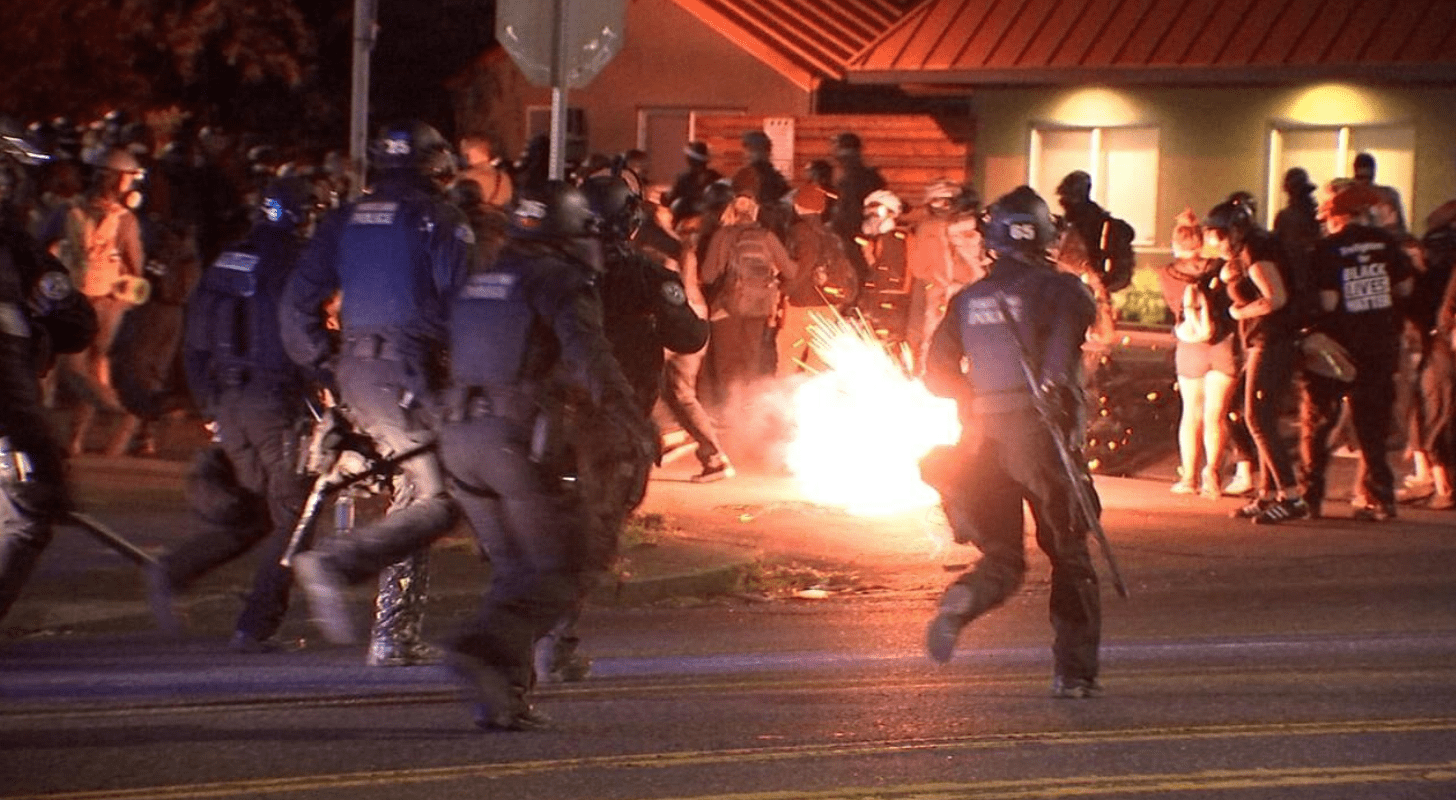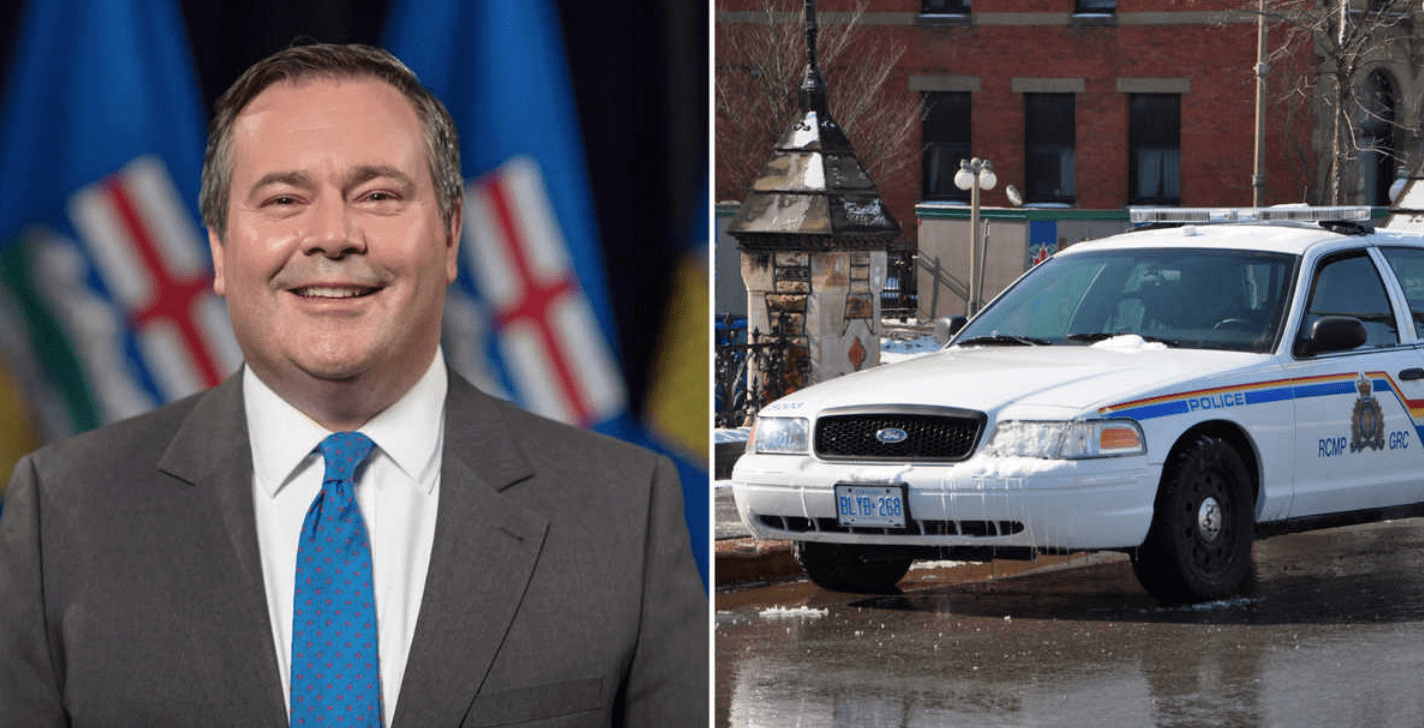Despite a closed border with the U.S, there is a contagion of a bold variety of racism creeping north.
In Red Deer, Alberta on Sunday a small anti-racism rally was busted up by belligerent counter demonstrators. At least one T-shirt emblazoned with the white supremacist Sons of Odin logo was spotted in the crowd. The confrontation was caught on video. It was loud and violent and there was at least one assault caught on camera.
Alberta Justice Minister Kaycee Madu made a statement about rights of free speech and peaceful protests.
"Violence and threats of violence at peaceful protests are unacceptable, period. All Albertans, regardless of race, religion, or creed, have the right to live their lives peacefully and I denounce any instance of bigotry and intolerance," said Madu, who is the first Black justice minister in Canada.
However it took until Tuesday for him to make the statement.
The lag in response to the Red Deer incident is puzzling all round. It took the RCMP a while to find the altercation in the first place and put an end to it. They say the rally location was moved at the last minute after threats from the counter protesters.
It also took until Tuesday for the RCMP to issue a statement and a call for witnesses. They are, at least, investigating now.
One member of the UCP cabinet did react on Monday. Multiculturalism Minister Leela Aheer took to Twitter that day to declare: "I'm deeply disturbed by the events that occurred in Red Deer. I strongly condemn any threats of violence against people that are participating in peaceful assemblies."
It was more timely than other government responses but didn't really address the nub of the matter.
Most concerning was Premier Jason Kenney's reaction. He retweeted Madu on Tuesday, emphasizing not the minister's message on bigotry and intolerance, but rather the right to peaceful protest.
None of the government reactions called out the core issue of racism by name, a reluctance which was quickly jumped on by NDP Leader Rachel Notley and government critics.
The likelihood of the rally in Red Deer resulting in some kind of violence should not have caught anyone unawares.
Earlier in the month the same anti-racism group that held the Red Deer demonstration, the Black Indigenous Alliance, held a rally in Ponoka, another central Alberta town. It was also disrupted by counter protesters.
A video was already circulating from a well-known right wing Alberta agitator signalling that the Red Deer demonstration would be targeted and intimating that there could be violence.
The city of Red Deer meanwhile is taking pains to distance itself from the racist stereotype that has bedevilled central Alberta since the days of Holocaust denier Jim Keegstra. This isn't typical of the town, they stress.
City mayor Tara Veer issued a statement denouncing violence and racism.
Both Veer and Supt. Gerald Grobmeier, the officer in charge of Red Deer's RCMP detachment, say the troublemakers aren't even necessarily from Red Deer.
"I'd like to say that a lot of people that were here weren't necessarily from here," said Grobmeier.
There has always been a tinge of bigotry in fringe groups in Alberta. It creeps in to taint movements organized for more legitimate political expression, including western alienation.
But with the increasingly virulent and bold racism being expressed in the U.S., white supremacists are feeling bold to fly their colours in public. The "all lives matter" and fighting "antifa" rhetoric doesn't even come close to giving them cover.
Provincial and police authorities in Alberta need to react quickly to stop violence and counter hate. And they need to use the word racism.
You can't fight what you won't name.
Photo Credit: CBC News



